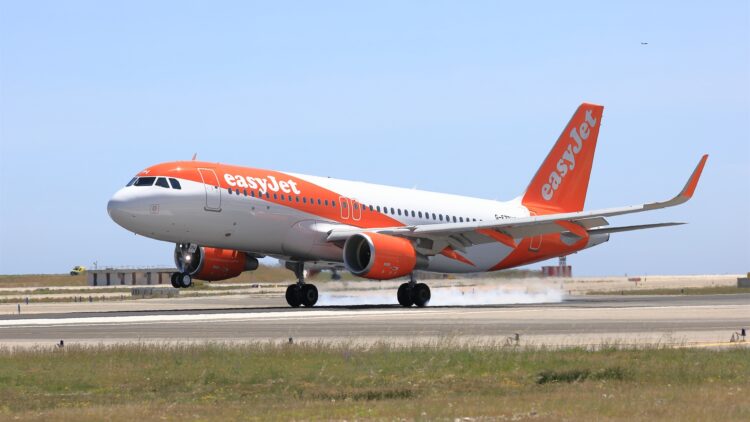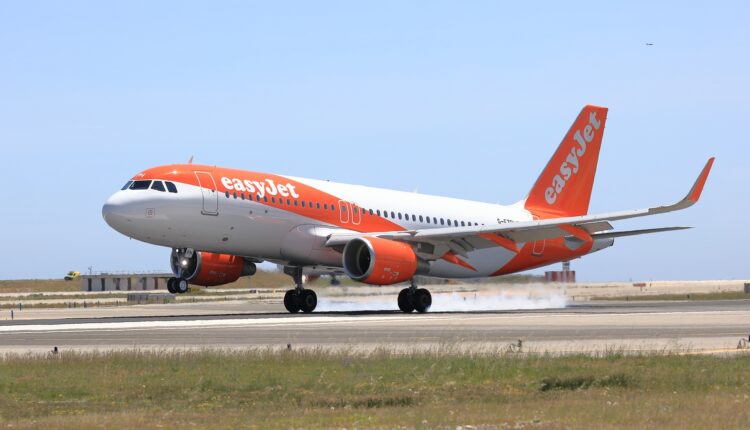Low-cost airline easyJet, the biggest at Liverpool John Lennon Airport, said the COVID-19 crisis will lead to annual losses of more than £800m – the first deficit in its 25-year history. Tony McDonough reports

Low cost airline easyJet is on course to lose more £800m in its current financial year – the first deficit in its 25-year history – as it takes a huge hit from the COVID-19 crisis.
In a trading update ahead of its full-year results, the biggest carrier at Liverpool John Lennon Airport said despite increasing liquidity in recent months it was still burning through cash. One media report said the airline may seek Government help.
Passenger numbers for the year to September 30 plummeted by 50% to £48m. At the height of the epidemic in spring and early summer, easyJet flights ground to a halt as multiple countries implemented lockdowns.
Capacity in the three months to September 30, normally part of its peak summer period, was just 38% of previously planned levels. Total group revenue for the quarter was £620m, a huge drop from almost £2.3bn in the same period in 2019. Pre-tax losses for the full year are expected to be between £815m and £845m.
During its fourth quarter easyJet carried more than 9m customers, down from 28m last year, with enhanced bio security measures in place across its full flight schedule. The company has raised more than £2.4bn in cash since the beginning of the COVID-19 pandemic. This includes a £600m Government loan, £608m from aircraft sales and by tapping shareholders for £419m. It has also cost 4,500 jobs during the period.
Johan Lundgren, chief executive of easyJet, said: “At the beginning of this year, no one could have imagined the impact the pandemic has had on the industry. EasyJet has adapted and risen to the challenges presented by the pandemic by taking decisive actions to minimise losses, bolster liquidity and reduce cash burn while launching a major restructuring programme.
“Throughout we have taken a very prudent and conservative approach to capacity and this disciplined approach has seen us deliver a better than expected cash burn outcome in Q4 and will see us continue to focus on profitable flying over the winter season in order to minimise losses and cash burn during the first half of 2021.
“Based on current travel restrictions we expect to fly 25% of planned capacity for Q1 2021 but we retain the flexibility to ramp up capacity quickly when we see demand return and early booking levels for summer ’21 are in line with previous years.
“Aviation continues to face the most severe threat in its history and the UK Government urgently needs to step up with a bespoke package of measures to ensure airlines are able to support economic recovery when it comes.”

